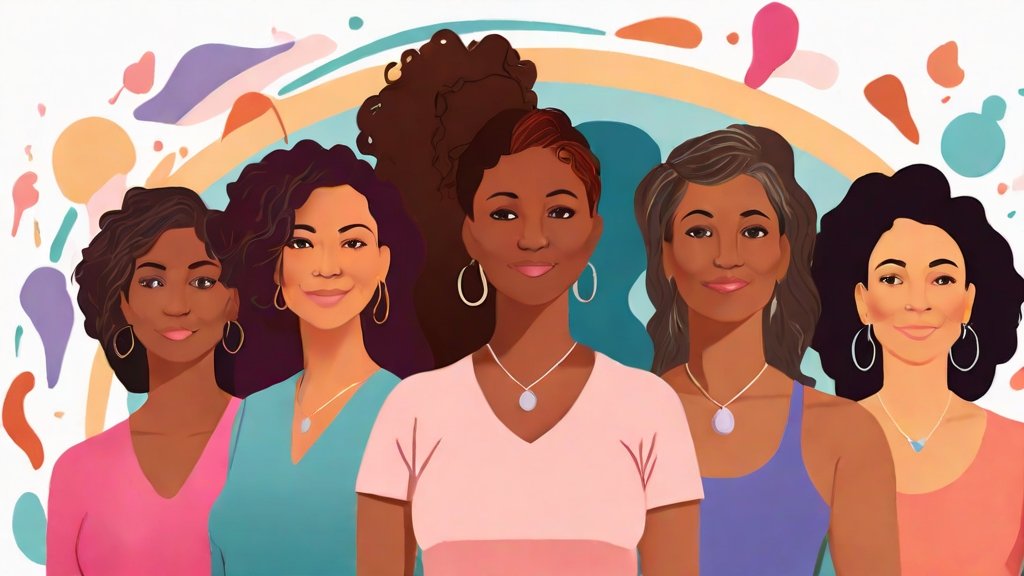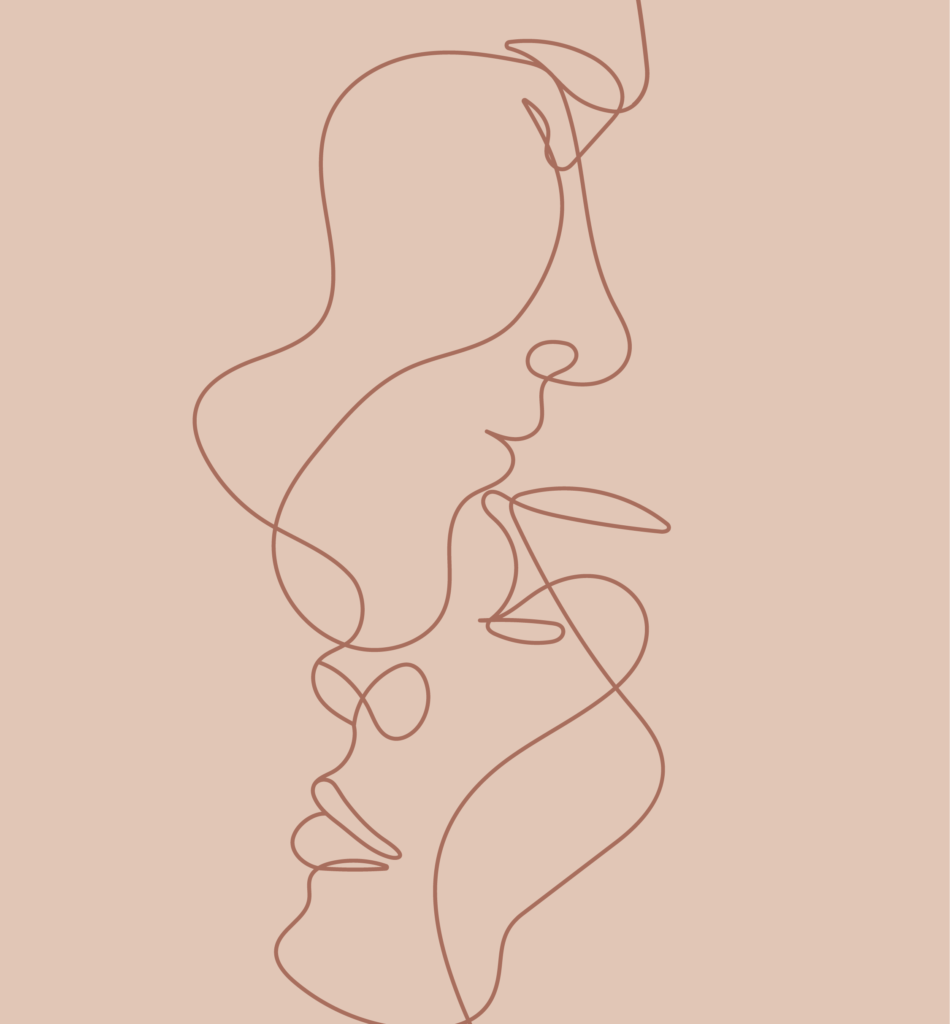
Introduction: Understanding Early Menopause
Menopause typically begins around age 50, but what happens when it occurs much earlier? Early menopause, defined as the onset of menopause before the age of 45, can be a challenging experience. For many women, it’s an unexpected life change that brings both physical and emotional struggles. The symptoms can include hot flashes, mood swings, decreased fertility, and an increased risk of osteoporosis and heart disease.
In this article, we explore real stories of women going through early menopause, their journeys, and the strategies they’ve used to manage symptoms and lead fulfilling lives. These women’s experiences show that while early menopause can be tough, it’s possible to navigate it with resilience, support, and the right tools.
5 Real Stories of Women Going Through Early Menopause
Hearing the real stories of women going through early menopause can provide comfort, practical advice, and a sense of solidarity. Let’s dive into five inspiring personal stories.
1. Sarah’s Story: Facing Early Menopause at 38
At just 38, Sarah began experiencing irregular periods and hot flashes. “I was shocked when my doctor said I was going through early menopause. I wasn’t ready for it,” Sarah shares. Like many women, she struggled with the emotional impact of no longer being able to have children.
To cope with the symptoms of early menopause, Sarah turned to online communities and support groups. “Talking with other women who were going through the same thing helped me feel less alone,” Sarah says. She also embraced lifestyle changes, including regular exercise and a diet focused on hormone-balancing foods like soy, which has been linked to helping manage hot flashes.
Learn more about menopause symptoms and how to manage them in Menopause Chategory of VISEXHUB.COM
2. Emily’s Journey: How Hormone Replacement Therapy Helped
Emily, now 42, started experiencing menopause at age 40 following chemotherapy for breast cancer. For Emily, the combination of early menopause and cancer treatment made symptom management particularly difficult.
“Hormone Replacement Therapy (HRT) was a game-changer for me,” Emily explains. “It helped with my mood swings, and the night sweats became more manageable.” While HRT isn’t suitable for everyone, for Emily, it provided much-needed relief from the harsh symptoms of early menopause.
3. Maria’s Struggle: Managing Early Menopause Without HRT
Maria, 41, chose to manage her early menopause symptoms without HRT, preferring natural remedies. “It was tough at first, but I started taking supplements like black cohosh and vitamin D, and it made a difference,” she says.
In addition to supplements, Maria practices regular yoga, which helps her manage her stress and anxiety. “Yoga has been my saviour. It helps me stay calm, and the breathing exercises reduce my hot flashes.”
4. Laura’s Experience: Overcoming Emotional Challenges
For Laura, 39, the emotional side of early menopause was the most challenging. “I would have intense mood swings, and it felt like I was on an emotional rollercoaster. Sometimes I didn’t even recognize myself,” Laura recalls. She sought therapy and discovered the power of talking to others who had gone through early menopause.
“Therapy helped me a lot, but so did finding other women who understood what I was going through. Early menopause can feel isolating, but you’re not alone,” she says.
Find resources and emotional support at Menopause Matters.
5. Olivia’s Path: Embracing Lifestyle Changes
At age 39, Olivia started experiencing early menopause and was determined to manage her symptoms through lifestyle changes. “Exercise has been key for me. I make sure to work out at least four times a week, which helps with both my mood and my weight,” Olivia explains.
Olivia also adopted a nutrient-rich diet focused on calcium and vitamin D to protect her bones. “Early menopause means I’m more at risk for osteoporosis, so I’m taking extra care of my bone health.”
Emotional Impact of Early Menopause
The real stories of women going through early menopause highlight how emotional symptoms, such as anxiety, depression, and mood swings, are just as impactful as the physical changes. Many women, like Laura and Sarah, feel isolated and unsure of how to cope with the emotional aspects of menopause, especially when it happens earlier than expected.
Counselling, support groups, and connecting with others who understand the experience can provide vital emotional support. Therapy can be a helpful way to navigate the feelings of loss, sadness, and frustration that often accompany early menopause.
Managing Early Menopause Symptoms: Tips and Strategies
While early menopause can’t be reversed, many women find that certain strategies help them manage symptoms effectively. Here are some tips and methods that have helped women like Sarah, Maria, and Olivia cope with early menopause:
1. Hormone Replacement Therapy
HRT can relieve many menopause symptoms, including hot flashes, mood swings, and night sweats. It’s particularly helpful for women who enter menopause early, as it can also protect against bone loss and heart disease.
2. Physical Activity
Regular exercise has been shown to help with both the emotional and physical symptoms of menopause. Activities like yoga, swimming, and weight training help with bone health, reduce stress and improve overall mood.
3. Diet and Nutrition
A healthy diet rich in calcium, vitamin D, and phytoestrogens (found in soy products) can help manage menopause symptoms. Foods like leafy greens, salmon, and fortified dairy products are essential for bone health and hormone balance.
4. Emotional Support
Seeking emotional support through counselling, support groups, or online communities is crucial for women going through early menopause. Emotional resilience is key to navigating this challenging time.
FAQs About Early Menopause
1. What causes early menopause?
Early menopause can be triggered by genetics, medical treatments like chemotherapy, autoimmune diseases, or surgeries that affect reproductive organs.
2. Can early menopause be reversed?
Early menopause cannot be reversed, but its symptoms can be managed through medical and lifestyle interventions such as HRT and diet changes.
3. Is early menopause common?
Early menopause is less common than average menopause, but it affects around 1% of women before the age of 40 and 5% before age 45.
4. What are the risks of early menopause?
Women who go through early menopause are at a higher risk for osteoporosis and cardiovascular issues due to the early loss of estrogen.
5. How can early menopause affect mental health?
The emotional toll of early menopause can lead to anxiety, depression, and feelings of isolation. Therapy and support groups can provide crucial help.
Conclusion
The real stories of women going through early menopause offer valuable insight into how to navigate the physical and emotional challenges of this life transition. Whether through HRT, lifestyle changes, or emotional support, there are many ways to manage early menopause and live a fulfilling life.
By sharing these experiences, women going through early menopause can feel less isolated and more empowered to take control of their health and well-being.
